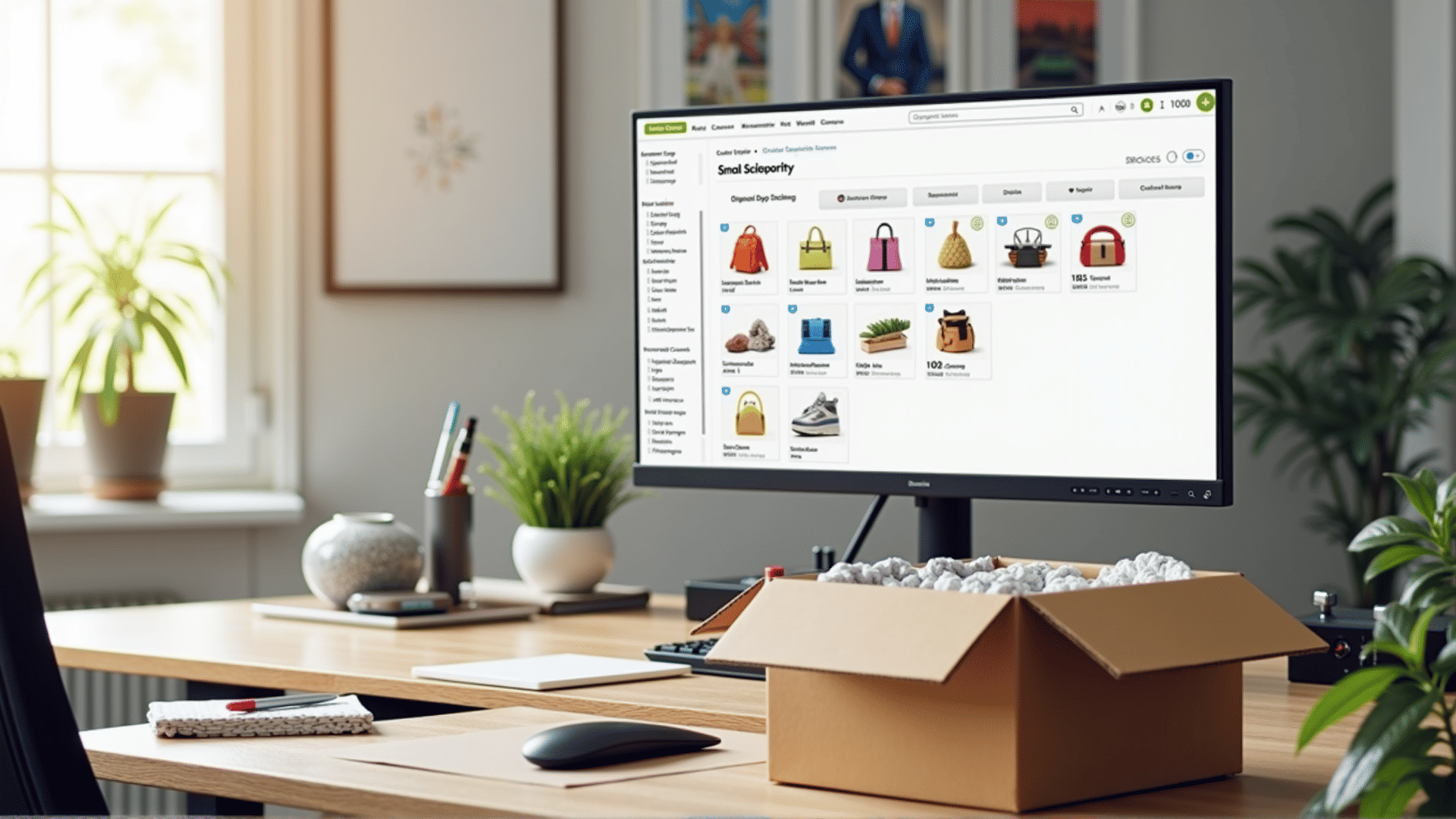The freelance industry has experienced a dramatic surge in recent years, with more individuals opting for flexible work arrangements and remote job opportunities. In this evolving digital age, the amalgamation of freelancing with the dynamic world of e-commerce has created new pathways for entrepreneurial individuals. Among the various online business models, dropshipping stands out as an appealing choice for freelancers looking to dive into e-commerce without the upfront investment or logistical complexities of traditional retail models.
Understanding Dropshipping
At its core, dropshipping is a retail fulfillment method where an online store doesn't keep the products it sells in stock. Instead, when a store sells a product, it purchases the item from a third party — typically a wholesaler or manufacturer — and has it shipped directly to the customer. This model significantly reduces the overheads associated with maintaining inventory, making it an ideal venture for freelancers who wish to explore the e-commerce landscape without hefty financial commitments.
Why Freelancers Should Consider Dropshipping
1. Low Startup Costs: Freelancers, often working on variable incomes, may be hesitant to invest heavily in a traditional business model. Dropshipping circumvents the need for a large initial investment in inventory. By partnering with suppliers who handle both the stock and shipping aspects, freelancers can set up an online store with minimal capital.
2. Flexibility and Scalability: The flexible nature of dropshipping aligns well with the autonomous lifestyle cherished by freelancers. Without the constraints of inventory and warehouse management, freelancers can manage their e-commerce operations from anywhere. Also, scaling a dropshipping business is straightforward. As sales grow, the fulfillment process remains largely unaffected, as suppliers handle inventory management and distribution logistics.
3. Broad Product Selection: Freelancers can cater to various markets by offering a wide range of products. Without the need to pre-purchase stock, it's easier to test different niches and adapt to consumer demands. This broad selection capability allows freelancers to enter or pivot to different markets with ease.
4. Minimal Operational Complexity: With suppliers taking care of logistics, freelancers can focus on marketing, customer service, and expanding their brand. This reduction in complexity allows freelancers to operate the business alongside other projects or gigs, enhancing their income portfolio without overwhelming their resources.
Steps to Start a Dropshipping Business
1. Research and Select a Niche: The first step is to find a niche with potential demand and minimal competition. Freelancers should analyze market trends, consumer interests, and competitors to identify a profitable niche. Consider factors like product availability and target audience's buying capacity.
2. Choose Reliable Suppliers: Partnering with dependable suppliers is crucial in ensuring product quality and timely delivery. Platforms like AliExpress, Oberlo, and SaleHoo offer connections with reputable suppliers suitable for dropshipping operations.
3. Build an Online Store: Freelancers can use platforms such as Shopify, WooCommerce, or BigCommerce to create a professional-looking e-commerce site. These platforms offer user-friendly interfaces and numerous templates that simplify the store setup process.
4. Develop a Marketing Strategy: Attracting customers is vital to the growth of any e-commerce business. By leveraging social media marketing, Search Engine Optimization (SEO), and email campaigns, freelancers can drive traffic to their online stores. Engaging advertising with clear value propositions can help convert this traffic into sales.
5. Emphasize Customer Experience: Ensuring a positive shopping experience will lead to repeat business and referrals. Offer excellent customer service, manage expectations around shipping times, and respond promptly to queries and concerns to build a loyal customer base.
6. Monitor and Adjust: Success in dropshipping requires continuous analysis of sales data and market feedback. Freelancers should be ready to adjust their offerings and strategies based on customer preferences and market trends to optimize their business performance.
Conclusion
For freelancers seeking to diversify their income streams, e-commerce and dropshipping present a compelling opportunity. With its low barriers to entry and potential for scalability, dropshipping offers an attractive business model that can easily complement a freelancer's existing lifestyle. As long as one is willing to invest time in learning and adapting to market changes, dropshipping can become a significant contributor to financial independence and entrepreneurial success.
